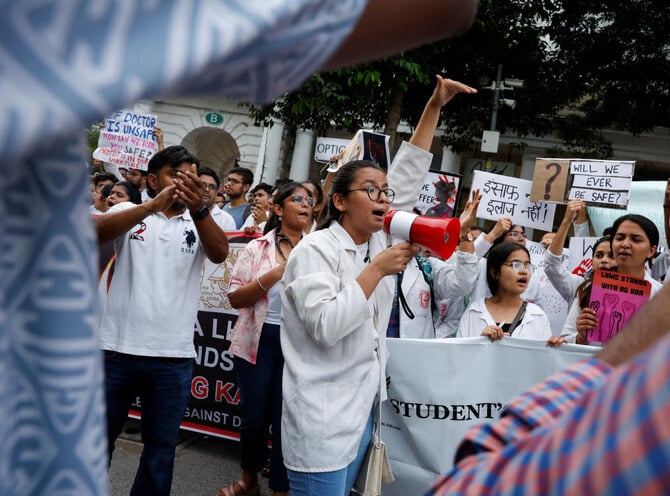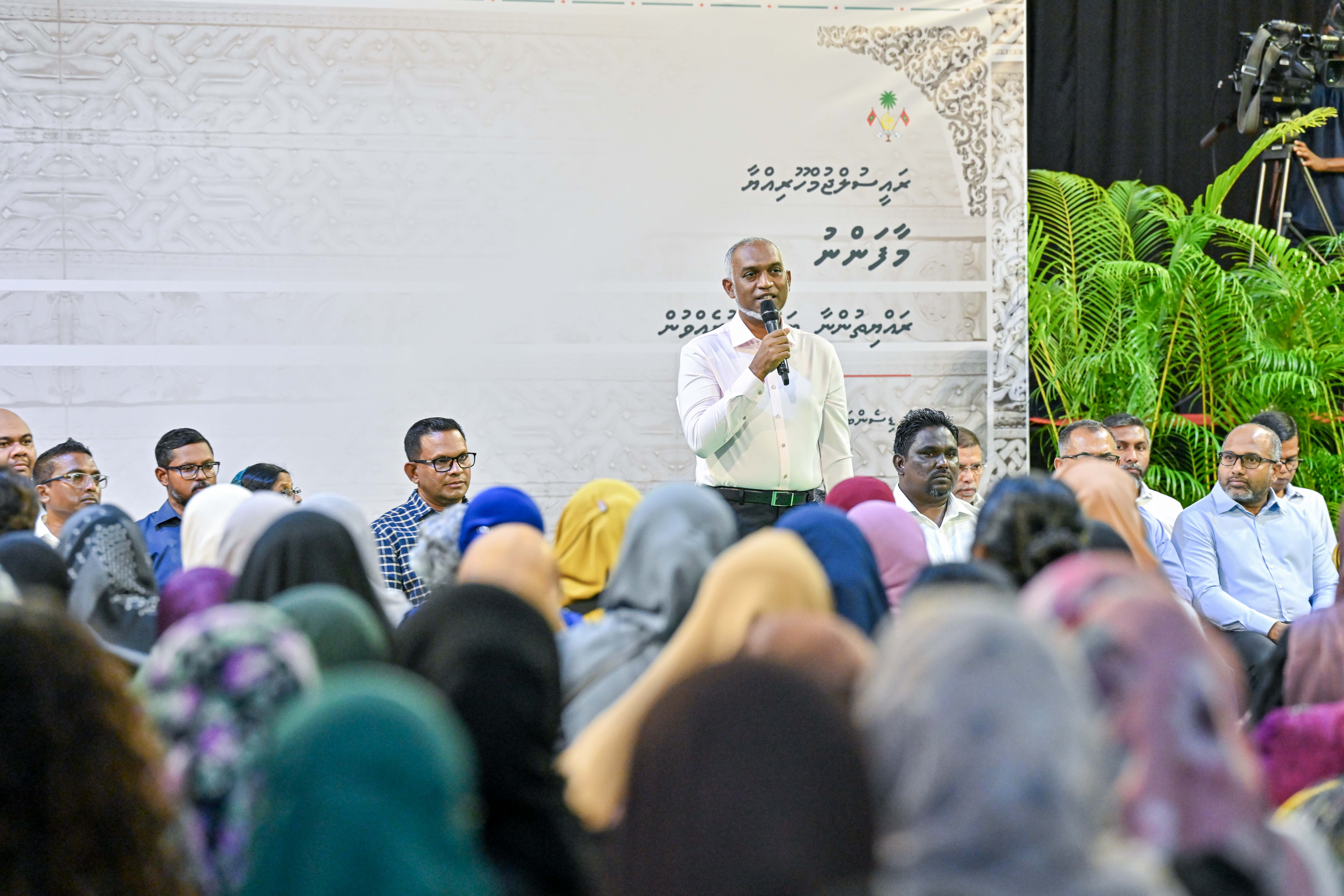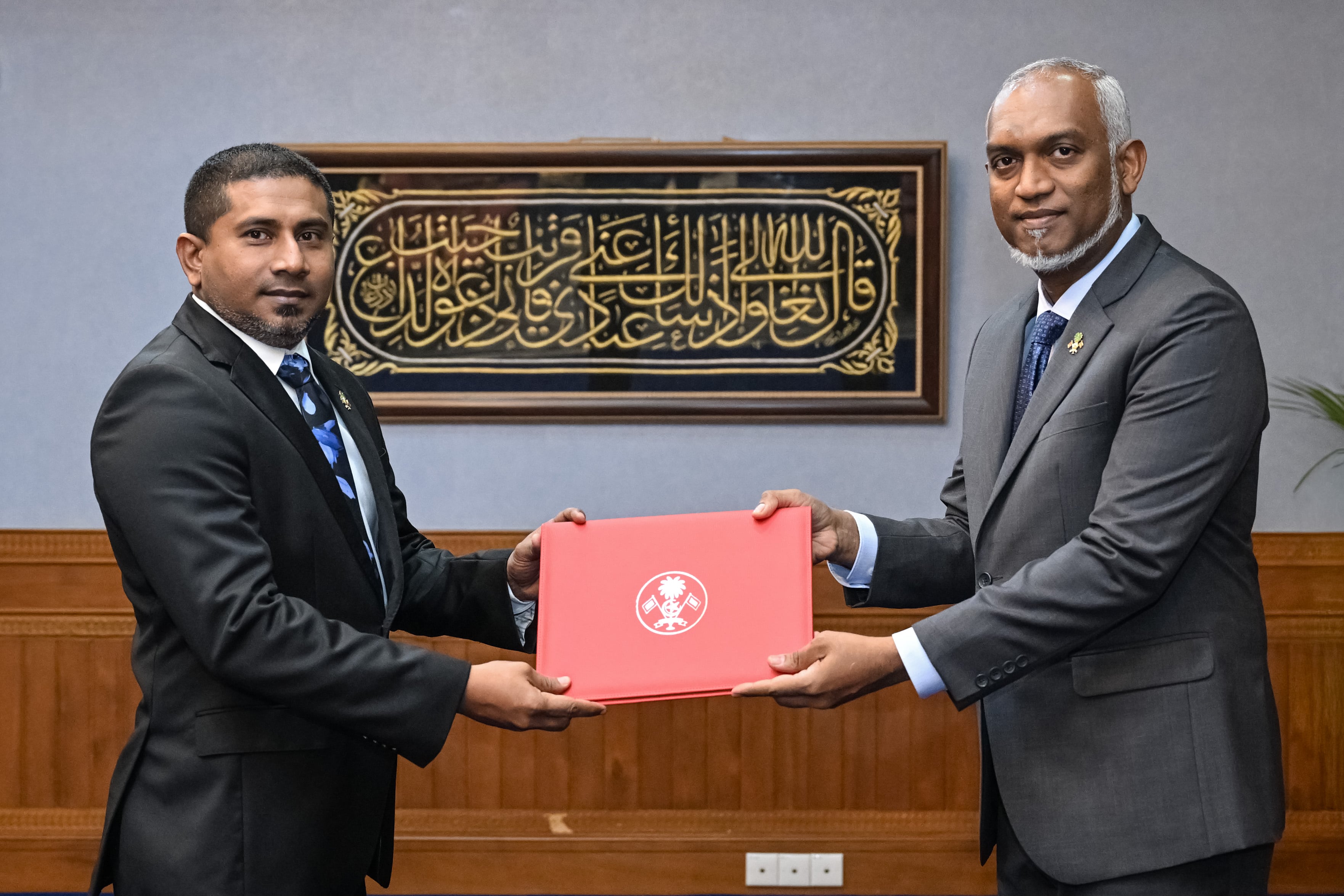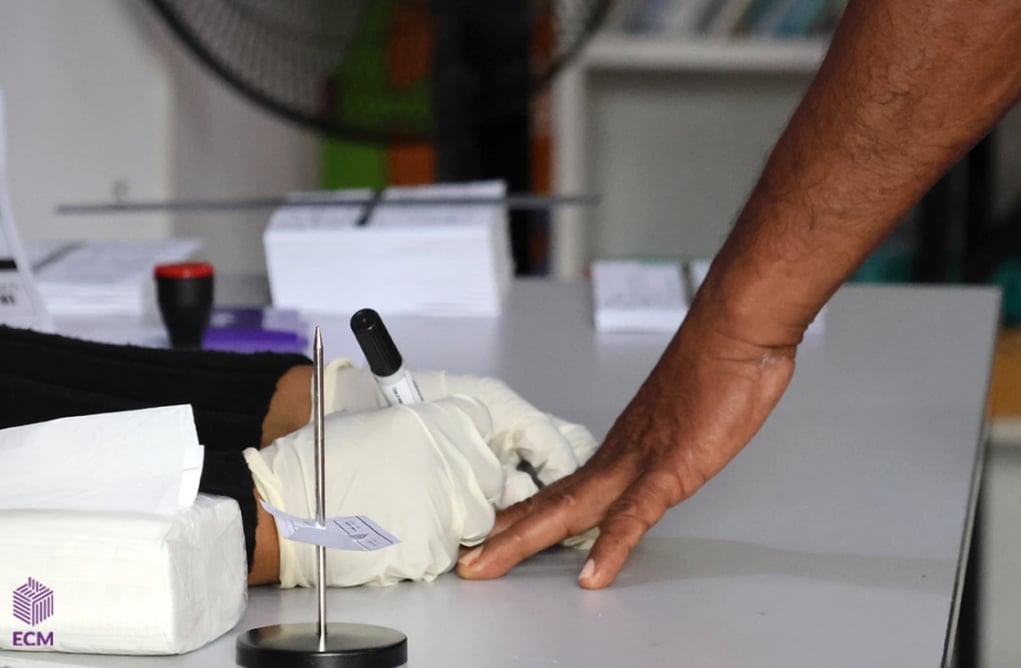Thousands of junior doctors across India are maintaining their protests, disrupting hospital services nearly a week after the rape and murder of a fellow medic.
The nationwide strike began following the brutal killing of a 31-year-old trainee doctor on August 9 at a hospital in Kolkata. The victim was reportedly raped and murdered, leading to widespread outrage and demands for justice.
The protesting doctors have refused to attend to non-emergency patients, citing the need for safer working conditions and immediate action from authorities. A police volunteer has been arrested and charged in connection with the crime, but demonstrators argue that this case highlights ongoing issues of sexual violence against women in India, despite recent legal reforms.
Women’s rights activists have pointed out that the incident underscores the continuing risk of sexual violence for women, despite stricter laws implemented after the 2012 gang-rape and murder of a student in New Delhi. In response, the Indian government has urged doctors to resume their duties while establishing a committee to recommend measures to improve safety for healthcare professionals.
Dr. Aniket Mahata, a spokesperson for the junior doctors at R.G. Kar Medical College and Hospital in Kolkata, confirmed that their "indefinite cease-work and sit-in will continue until our demands are met." In solidarity, thousands of supporters from Kolkata's leading soccer clubs took to the streets on Sunday evening, calling for justice with chants of “We want justice.”
The protests have expanded to other regions, with junior doctors in Odisha, New Delhi, and Gujarat also pledging to continue their demonstrations. The unrest highlights deep frustrations within the medical community over safety and reflects broader concerns about violence against women in India.
The nationwide strike began following the brutal killing of a 31-year-old trainee doctor on August 9 at a hospital in Kolkata. The victim was reportedly raped and murdered, leading to widespread outrage and demands for justice.
The protesting doctors have refused to attend to non-emergency patients, citing the need for safer working conditions and immediate action from authorities. A police volunteer has been arrested and charged in connection with the crime, but demonstrators argue that this case highlights ongoing issues of sexual violence against women in India, despite recent legal reforms.
Women’s rights activists have pointed out that the incident underscores the continuing risk of sexual violence for women, despite stricter laws implemented after the 2012 gang-rape and murder of a student in New Delhi. In response, the Indian government has urged doctors to resume their duties while establishing a committee to recommend measures to improve safety for healthcare professionals.
Dr. Aniket Mahata, a spokesperson for the junior doctors at R.G. Kar Medical College and Hospital in Kolkata, confirmed that their "indefinite cease-work and sit-in will continue until our demands are met." In solidarity, thousands of supporters from Kolkata's leading soccer clubs took to the streets on Sunday evening, calling for justice with chants of “We want justice.”
The protests have expanded to other regions, with junior doctors in Odisha, New Delhi, and Gujarat also pledging to continue their demonstrations. The unrest highlights deep frustrations within the medical community over safety and reflects broader concerns about violence against women in India.


















